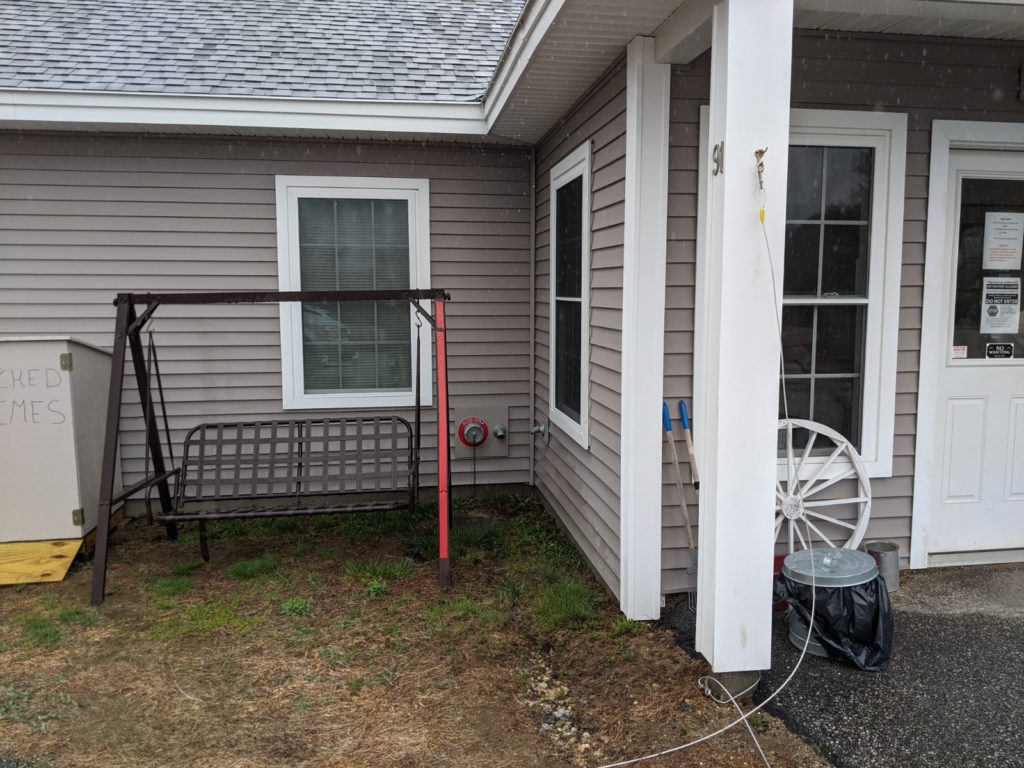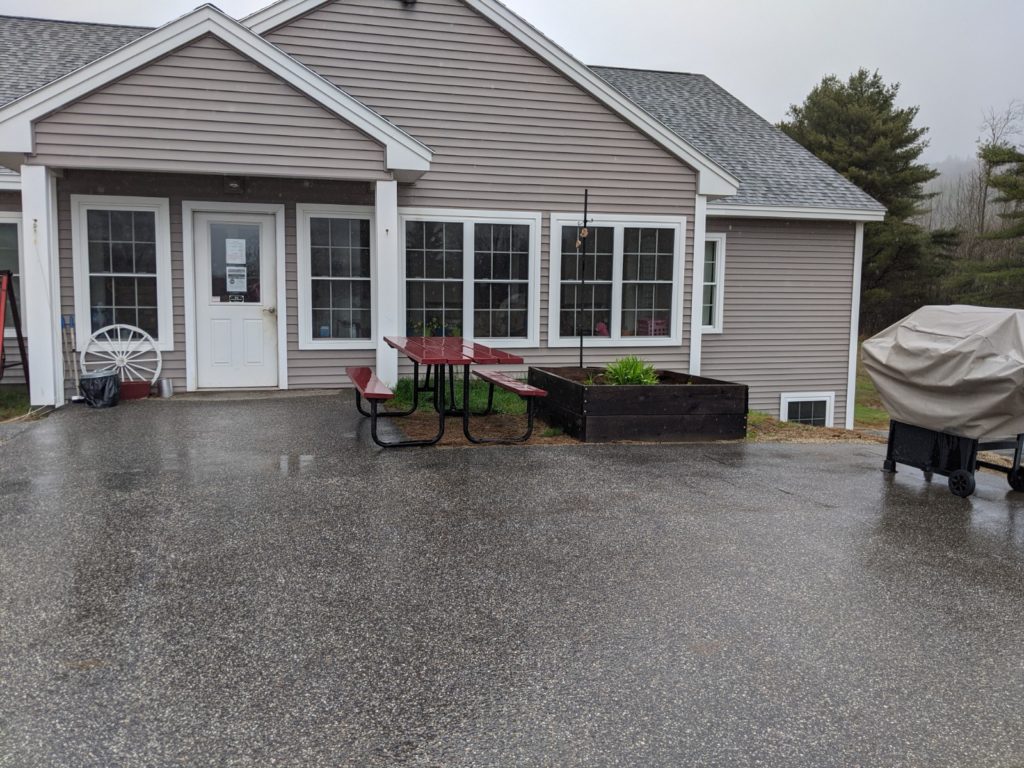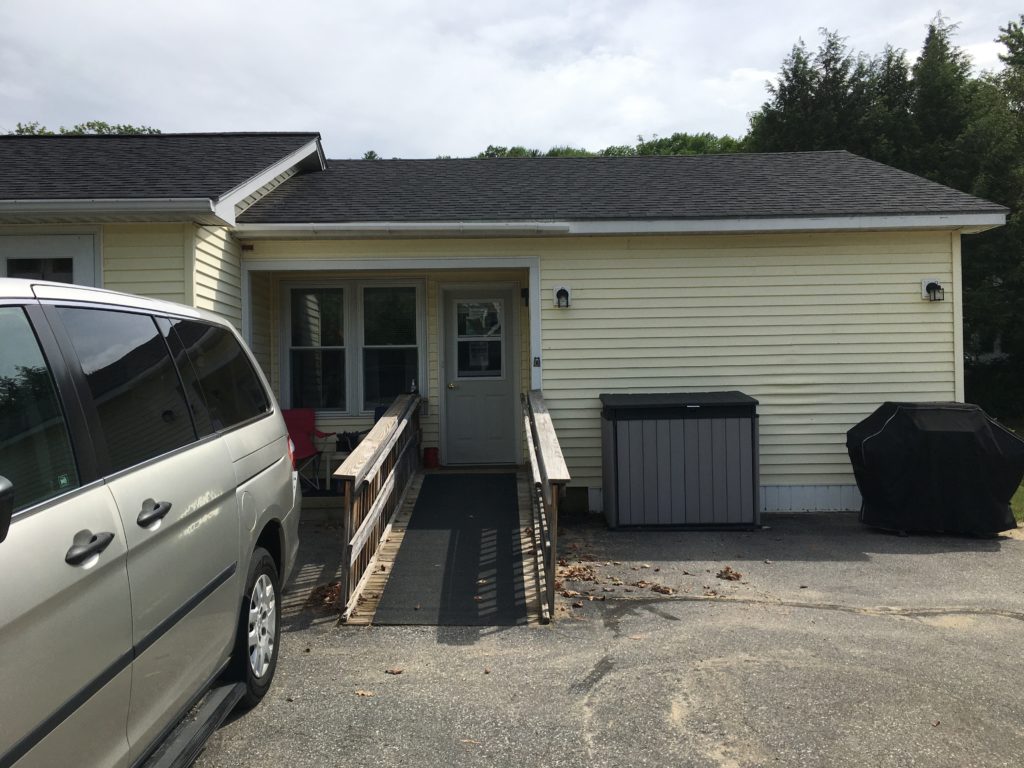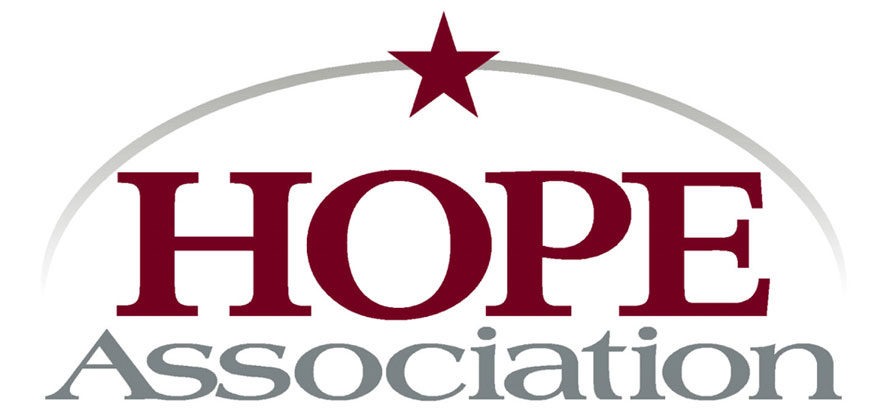Shared Living

What is Shared Living?

Who is Shared Living For?
Any individual with intellectual and developmental disabilities and/or autism who prefers to live in a family-type home, who is eligible for MaineCare services under the Home and Community-Based Waiver, and whose Person-Centered Planning (PCP) team has determined this to be an appropriate living option.
Developmental Disability Services does not support multiple people with disabilities living in this model unless the people are family members (ex. brother and sister, husband and wife) or have a long-standing relationship/friendship where they are clearly indicating their desire to share in this living model. All exceptions to this protocol will need to be approved by the OADS Program Administrator of the district in which the person(s) reside.

What does a Shared Living Provider do?
What is Shared Living?
Shared Living provides a home and supports for an adult with intellectual disabilities and autistic disorders in the home of a qualified contracted provider. Shared Living is somewhat like foster care, but different in emphasis, in that the home is a more cooperative sharing of space between adults. The individual becomes part of the fabric of the Shared Living Home Provider’s life, family, home, and community.
Who is shared living for?
Shared Living is for any individual with intellectual disabilities and autistic disorders who prefers to live in a family-type home, who is eligible for MaineCare services under Section 21-Home and Community-Based Waiver, and whose Person-Centered Planning team has determined this to be an appropriate living option. Shared Living can be for any individual if the correct match is found. For example, Shared Living is generally not designed for individuals with nursing care needs unless the Shared Living Home Provider has the experience and skills to meet those needs.
What is Shared Living?
Shared Living provides a home and supports for an adult with intellectual disabilities and autistic disorders in the home of a qualified contracted provider. Shared Living is somewhat like foster care, but different in emphasis, in that the home is a more cooperative sharing of space between adults. The individual becomes part of the fabric of the Shared Living Home Provider’s life, family, home, and community.
Who is shared living for?
Shared Living is for any individual with intellectual disabilities and autistic disorders who prefers to live in a family-type home, who is eligible for MaineCare services under Section 21-Home and Community-Based Waiver, and whose Person-Centered Planning team has determined this to be an appropriate living option. Shared Living can be for any individual if the correct match is found. For example, Shared Living is generally not designed for individuals with nursing care needs unless the Shared Living Home Provider has the experience and skills to meet those needs.
Shared Living Providers help support individuals in their home with
Nutrition
Meal Planning
Social Skills
Household Skills
Budgeting
Time Management
Community Awareness
Safety
Transportation
Leisure Activities
Communication
And more!
Nutrition
Meal Planning
Preparation
Household Skills
Budgeting
Time Management
Community Awareness
Safety
Transportation
Leisure Activities
Communication
And more!
Hope Association is an equal opportunity employer and service provider. It is the policy of HOPE ASSOCIATION not to discriminate on the basis of race, sex, religion, national origin, marital status, sexual orientation, age, weight, height, color or handicap.
What role does Hope Association play in Shared Living?
- Be at least 18 years old
- Pass a criminal background check
- Have at least a high school diploma or GED
- Have a valid driver’s license
- Maintain home owner’s or renter’s insurance
- Become a Direct Support Professional (this training is free through Hope Association)
What role does Hope Association play in Shared Living?
As an administering agency for Shared Living, Hope Association will provide:
- Free training for those interested in becoming providers
- Reference and background checks for providers
- If the individual is not an adult son/daughter or relative already interested in a Shared Living arrangement, Hope will match individuals’ looking for a Shared Living Home
- Competitive Stipends that do not affect State benefits, if received
- Assist in coordination of respite services
Monthly contacts and regular home visits
For more information about becoming a Shared Living Provider, contact Melissa Frank, Shared Living Coordinator at (207) 418-9984 or ka@hopeassociation.org

